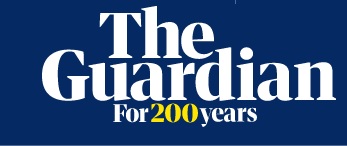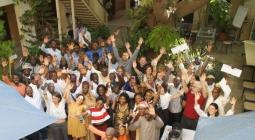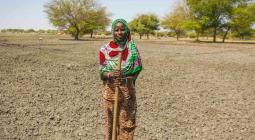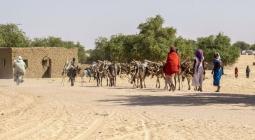The Guardian view on the Sahel and its crises: the west can still make a difference
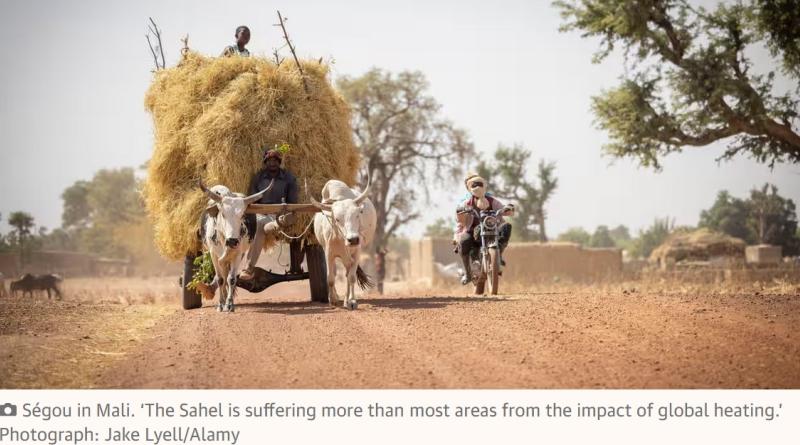
Two apparently separate developments in the Sahel are linked by more than geography. Last week, the US confirmed that it will withdraw more than 1,000 troops from Niger after the military junta revoked a security pact – just six years after a new $110m military base opened. Meanwhile, a record heatwave is the latest deadly extreme weather event.
The US had hoped to maintain the military agreement despite last summer’s coup, part of a wave of military power grabs across the central Sahel and the wider region. French troops had already been expelled, with France earlier withdrawing from Mali and Burkina Faso. Mali’s regime also ordered an end to the UN stabilisation mission. Western departures come alongside the growing presence of Russian mercenaries, including the Wagner group.
In an impoverished region, which has long suffered poor governance and instability, violence is surging. The Armed Conflict Location and Event Data Project says that deaths in conflict due to political violence grew 38% last year, while the Global Terrorism Index says that the Sahel accounted for around half of all terrorism deaths worldwide. Banditry claims many lives too.
The west’s priorities have been containing Islamist militancy and migration, as well as a booming drugs trade linked to armed groups. But coup-makers see an opportunity in alternative sponsors who don’t impose conditions that they see as impinging on their interests and tying their hands in fighting jihadists. Their claims to be tackling corruption and restoring sovereignty by rejecting the west and ruthlessly pursuing militants have won public support – even if brutal counterinsurgency tactics further endanger civilians and often fuel the movements they are meant to eradicate. People are not naive about the intentions of Russia, China, Turkey and the Gulf states. But many are cynical and angry about the west’s history in the region, its double standards in lecturing about some human rights issues while ignoring others when it is convenient, and the pegging of the West African CFA currency to the euro.
In facing a complex crisis, western nations will need to look beyond military issues and military solutions. Among the deeper roots are the climate emergency, which the UN says has already affected four-fifths of agricultural areas in a region where well over two-thirds of the population depend on the soil or on livestock. Taken with a population boom, the effects of the pandemic and the global food crisis, it has triggered violent conflicts over resources. Abdoulie Ceesay, the Gambian representative to Cop28, last year called it “obscene” to play down the issue, noting: “The rise of militarism has gone hand in hand with the rise in poverty, food insecurity, economic crises and extreme weather linked to climate change.”
The Sahel is suffering more than most areas from the impact of global heating – with the temperature rising an estimated one-and-a-half times faster than average – but is a tiny contributor to the fossil fuel emissions that cause it. But while the west has a historical responsibility to address this, contributions to climate finance are far below the needed levels. Last year’s Cop28 saw a historic agreement to create a loss and damage fund, yet the donations pledged are a tiny fraction of the $400bn estimated annual cost. Tackling the climate emergency will not end the Sahel’s problems. But they cannot be solved without an adequate response to the issue.
